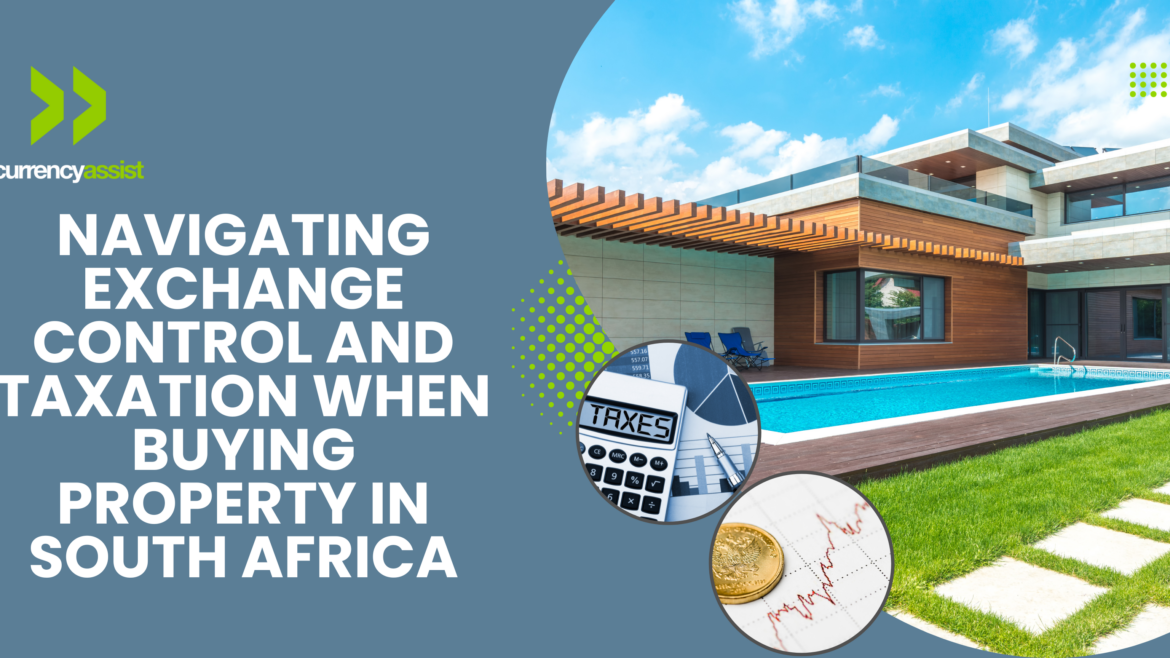South Africa, with its breathtaking landscapes and thriving real estate market, is a dream destination for non-residents looking to invest in property. However, before you embark on your property ownership journey, it is crucial to understand the ins and outs of exchange control and taxation. In this blog post, we willl break down the first key aspect: exchange control.
Imagine you have found your dream property in South Africa, and you are eager to make it yours. The first hurdle to overcome is getting your money into South Africa to buy it, and this is where exchange control comes into play. Exchange control regulations are rules that govern the flow of money in and out of South Africa.
As a non-resident, you can transfer funds from your home country to purchase property in South Africa. However, it is essential to do this correctly. Ensure you keep a copy of the introduction of funds into South Africa, as you will need it when repatriating your money. To safeguard your investment, it is advisable to send foreign currency to SA rather than ZAR (South African Rand). This way, you can take out the foreign currency amount plus any capital growth when the time comes.
Aside from exchange control, non-resident property owners need to consider the tax implications. Here is what you should be aware of:
- Rental Income: Any rental income earned from your South African property is subject to income tax. It is your responsibility to register as a South African taxpayer. Additionally, third-party data providers may auto-register you for taxes since October 2022.
- Capital Gains Tax (CGT): When you sell your South African property, CGT may apply. The tax is calculated by adding 40% of your capital gain to your income for that year. The rates vary: 18% for individuals, 21.6% for companies, and 36% for trusts.
- Withholding Tax: If a non-resident sells a property for R2 million or more, a withholding tax applies. The buyer or conveyancer withholds a portion of the sales price to cover the non-resident seller’s potential South African income tax liability. The withholding tax rates are 7.5% for individuals, 10% for companies, and 15% for trusts.
In conclusion, this first of a two-part blog post provides an understanding of exchange control and the essential tax implications for non-residents looking to purchase property in South Africa. It is crucial to grasp these concepts to ensure a smooth property ownership experience and protect your investment. The second blog post will focus on CGT and strategies for non-resident property sellers in South Africa.

